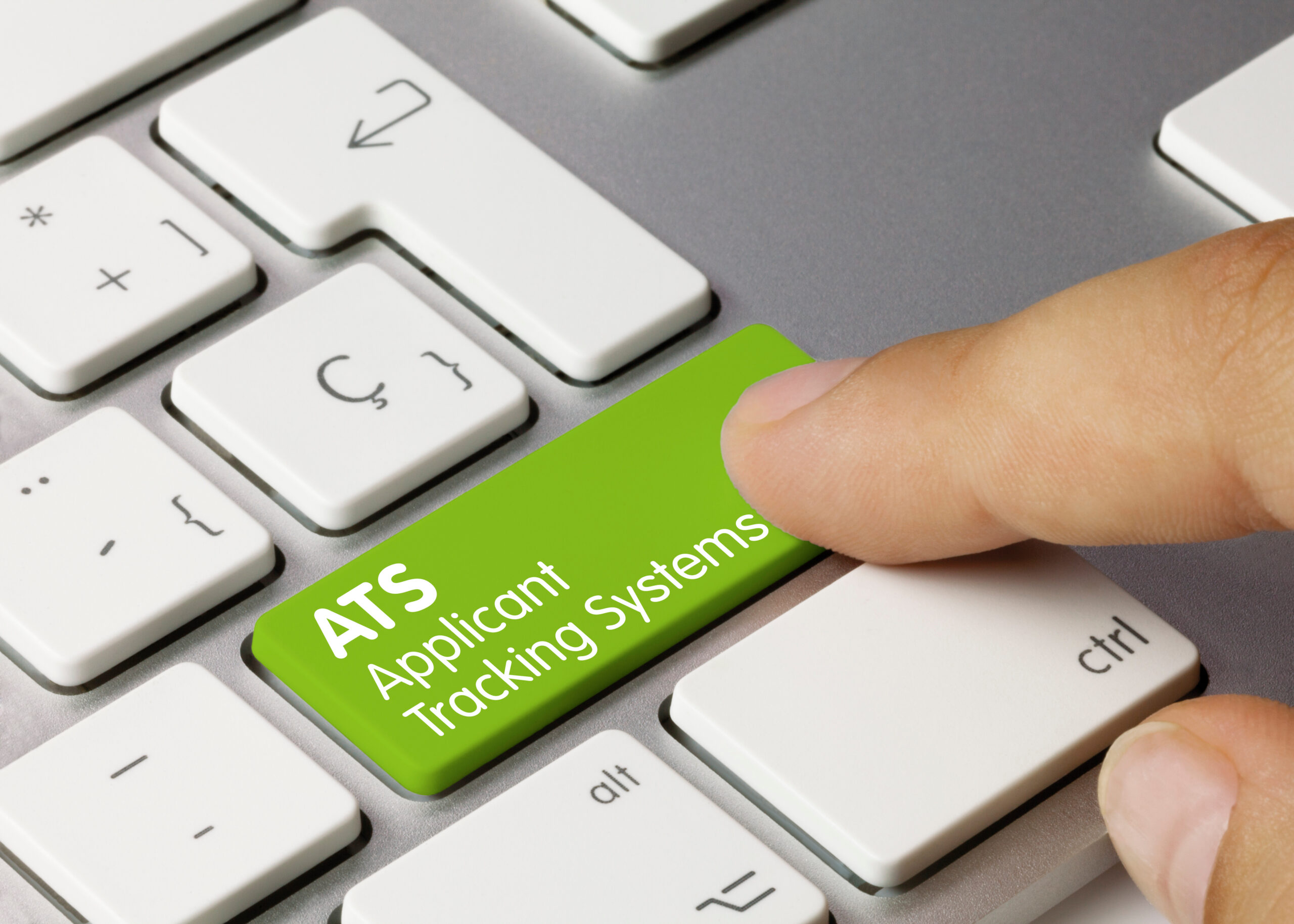
How to create an ATS Friendly CV?
The first step in being recruited into a ServiceNow role is getting your customised CV before a hiring manager or recruiter. Unfortunately, this process isn’t always as simple as it seems.
As ServiceNow companies look for ways to simplify and digitise the hiring process, many are turning to technology for help. A.T.S. systems, or Applicant Tracking Systems, can help recruitment agencies and teams sort through the applications for each role. Unfortunately, 70% of job applications fail to pass the A.T.S. test.
While an A.T.S. system can save a company a lot of time searching for the right talent, there are endless ways the technology can trip ServiceNow candidates up.
Here are some of the best strategies to make your CV/resume A.T.S. friendly.
1. Choose the Right CV format
Formatting is one of the most important factors in ensuring your CV is ATS-friendly. Your information needs to be well-organised and easy for the technology to scan through.
Reverse chronological is the most commonly recommended formatting option for most C.V.s. This is the go-to for most ServiceNow recruiters, as it places the most important information (your ServiceNow work experience) at the top of the page.
Reverse chronological formatting also ensures the most relevant and recent information appears on your CV before anything else.
2. Find the Right File Type
The file type is the document you use to send your CV to a ServiceNow or recruitment company. When applying for a role, you might see requests for specific file types on the job description. Usually, the versatile option is the PDF, as it can be read by most A.T.S. software.
PDF files are excellent for maintaining the formatting and design of your CV/resume. However, some older applicant tracking models cannot read PDFs. In this case, your would-be employer might ask you to submit a .doc file.
Make sure you read the instructions carefully to ensure you’re using the right file type.
3. Use a Simple Layout
Simplicity is often important for any CV, particularly in the ServiceNow environment, where business hiring managers and recruiters spend hours going through hundreds or even thousands of applications.
A simple CV layout will be easy to read, with bulleted lists highlighting your achievements.
Avoid using complex graphics or extra formatting to make your CV look more impressive. Fancy templates can be scrambled by the A.T.S. technology, which may make your CV harder to read and even get your application thrown out by the system.
There are special A.T.S. templates available online if you’re stuck.
4. Use Keywords
Excellent CVs/resumes and cover letters for any ServiceNow role should be tailored to suit the position’s specific requirements. Ensure you look for important keywords listed in the job description that the A.T.S. software might be looking for in your application.
For instance, skills related to a specific role are often one of the first things your A.T.S. will look for. If you need a certain certification or degree to be suitable for a certain role, include those words on your CV.
It’s also worth using plenty of action words in your resume because this helps to highlight things you’ve accomplished. Try terms like “created” or “solved”.
Don’t just throw keywords in at random, though; remember to ensure the terms you use make sense in the context of the application. Remember: A human will still read your CV after the A.T.S.
5. Don’t Apply for Too Many Roles At Once
A.T.S. tools are designed to find the best possible person for each role. With that in mind, it’s worth thinking carefully about whether you’re the right individual for the position you’re applying for. If you don’t have any of the skills the company is asking for in a job description, you’re not going to pass the A.T.S. test.
Similarly, applying for multiple jobs with the same company could lead to the technology labelling your application as spam.
Even if you get through to the human review stage with one or two applications, sending too many job applications to the same ServiceNow company can make you look like you’re desperate for any role rather than applying for the right position.
6. Don’t Game the System
As A.T.S. systems become increasingly popular worldwide, there has been an increase in people attempting to “game the system” or find ways to outsmart the technology.
Although you might be able to find a handful of articles and guides telling you how to improve your chances of getting through any screening process, tricking the system won’t work long-term.
Even if you did manage to convince the A.T.S. to send your application to the next level by copy-pasting keywords from the job description into your CV, this wouldn’t get you anywhere when a human reviewed your application.
7. Don’t Just Design for Robots
Finally, it’s easy to get caught up with the complexity of keeping track of everything you need to do to make your CV technology-friendly. In some cases, you might get so focused on designing for the A.T.S. that you forget about the importance of designing for people.
Ultimately, the A.T.S. is just the first stage of the filtering process for applicants in most hiring and recruitment strategies. This means while you need to make your CV easy enough for the robots to leverage and read, you also need to ensure it’s suitable for humans.
Read through everything when you’re done editing and make sure the content still flows naturally through the page.
Here at Linking Humans, we have been helping companies deliver permanent and freelance technology experts to ServiceNow partners and End Users across the UK, Europe, and North America. We take pride in providing the best possible people to take your business forward.
If you would like to speak to us, then use the “Request Call back’’ at the top of this page or find more ways to contact us here.










